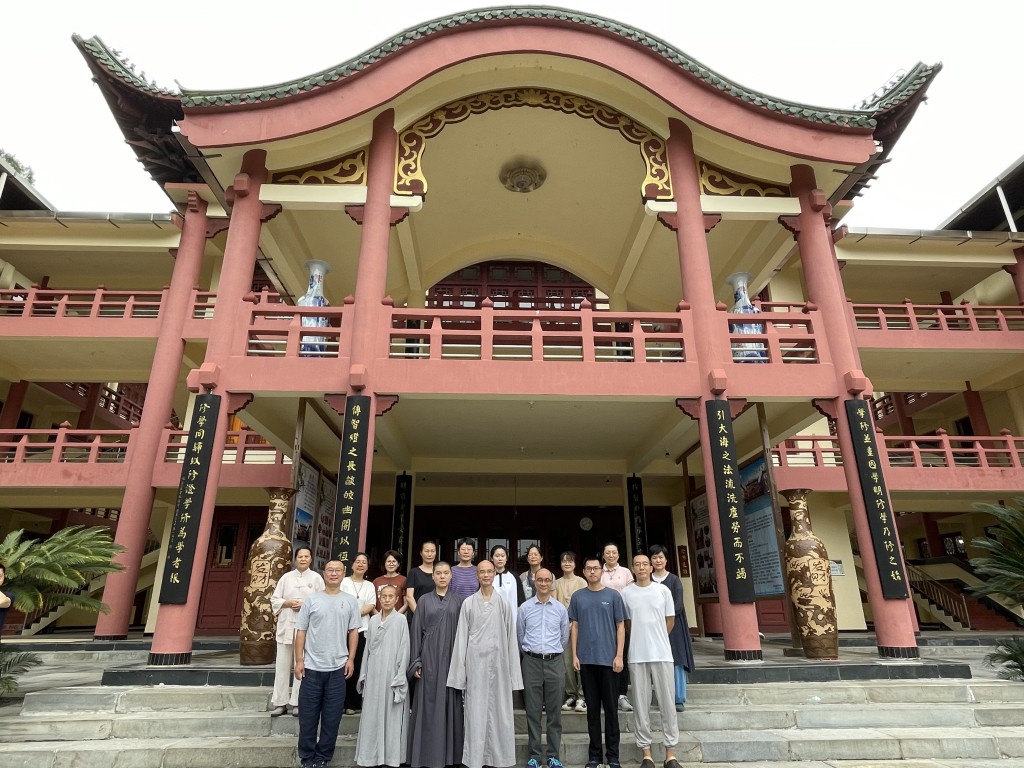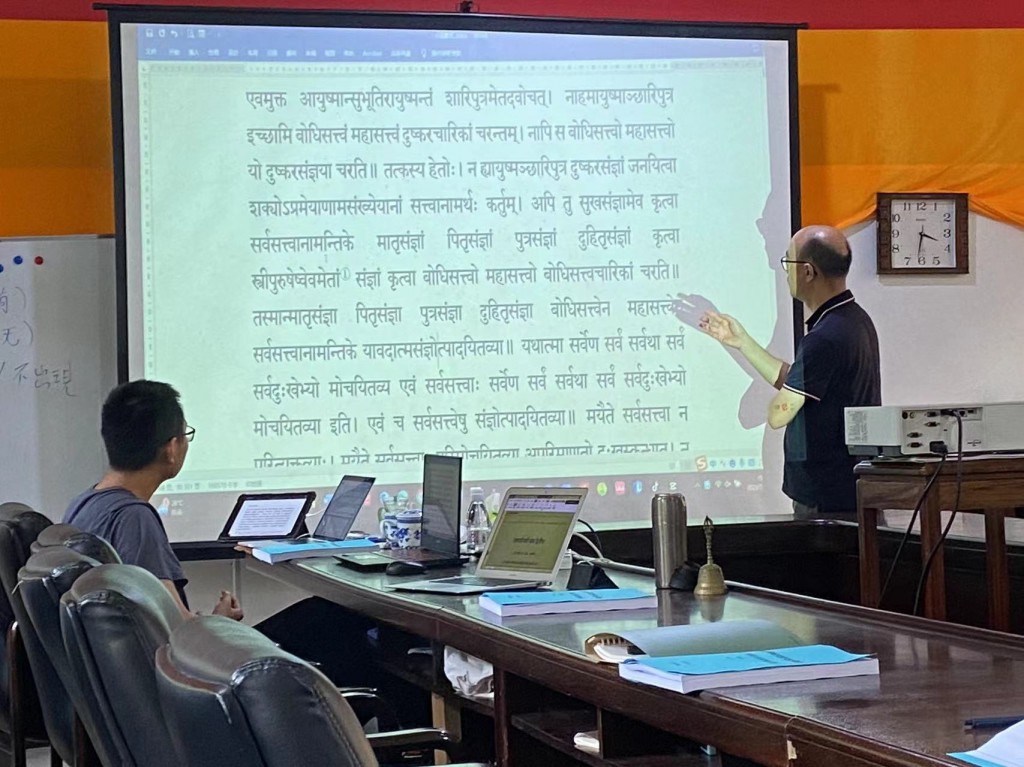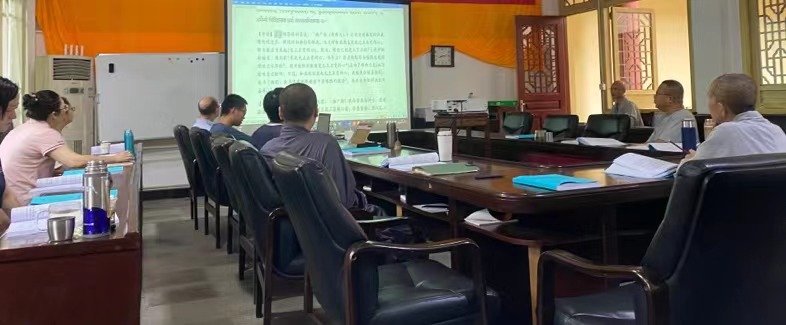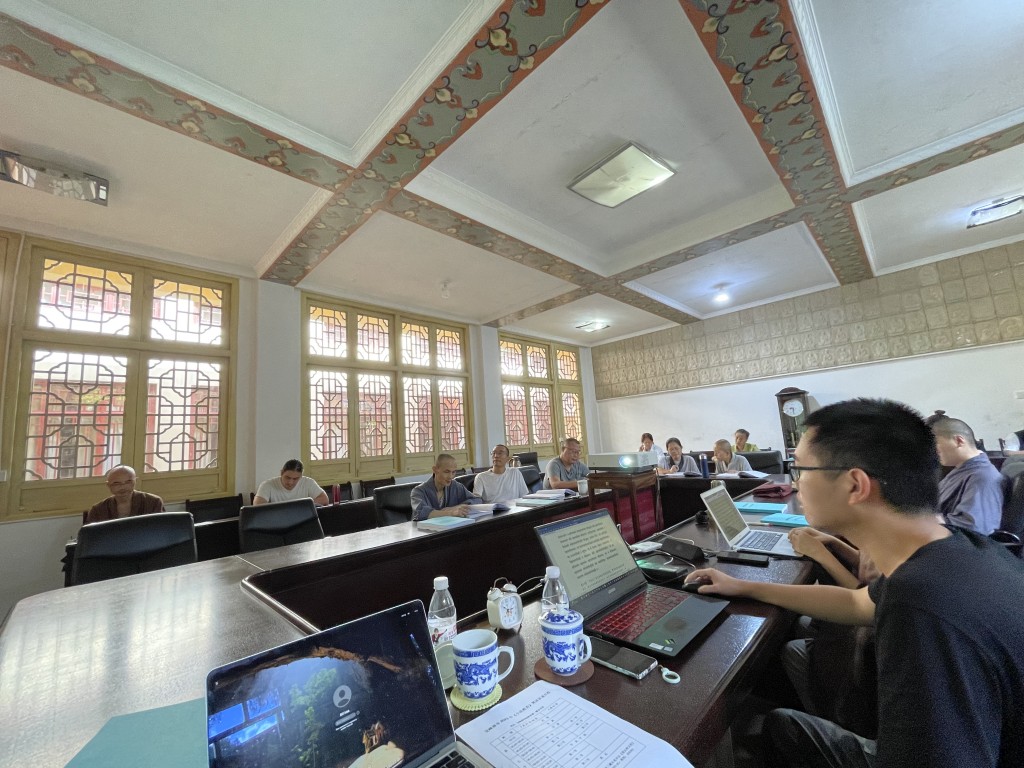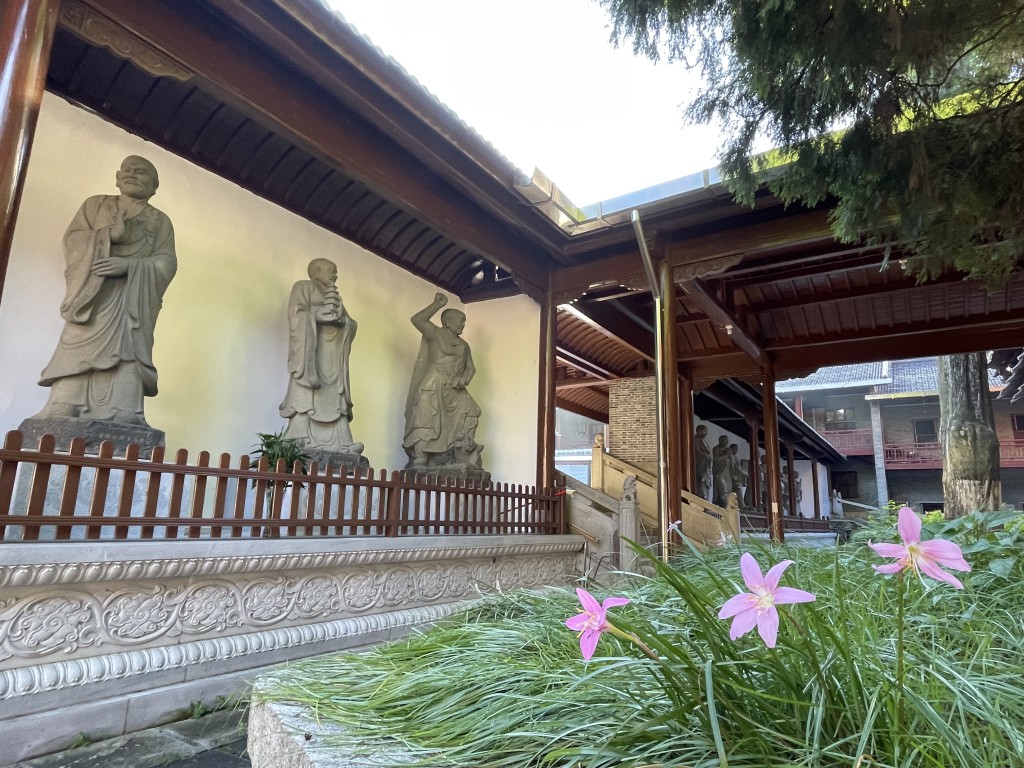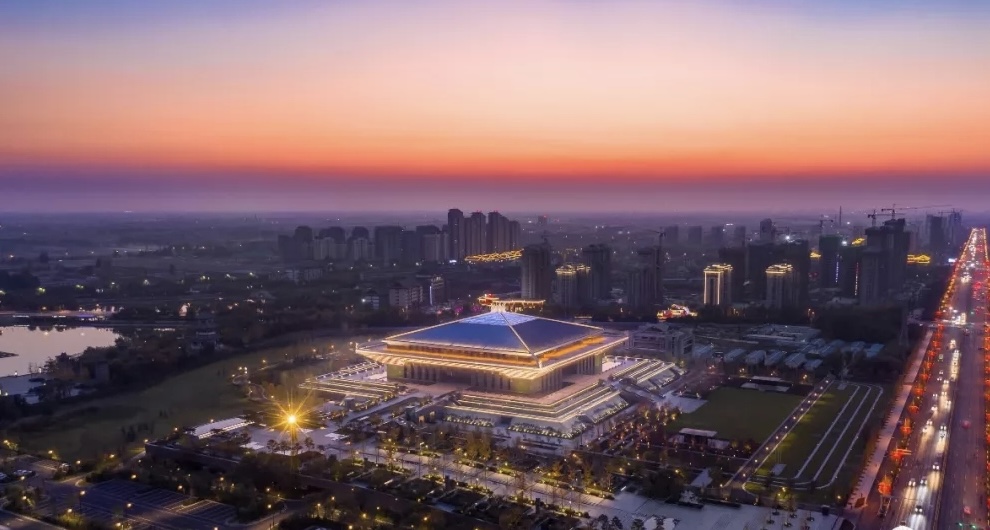
Confucius Museum, Qufu
Five days reading Sanskrit and Chinese Buddhist texts flew by quickly. Mahāsiddha and I left Jiangxi, and arrived in Qufu, the hometown of Confucius and Mencius, by high-speed rail in the same evening. This was my first time visiting the “Confucian city”. My plan was to also meet up with scholars and students from the Wenli Academy, who moved there not long ago. I stayed in Qufu for about a week, and truly felt the astounding cultural development in China in the past decade. The Confucius Museum, opened in 2019, was almost as extravagant as the Hong Kong Palace Museum. It seemed unreal that Confucius these days has a celebrity-like status here in China, at least here in Qufu. What’s more interesting is the passion for traditional Chinese learning that is evident everywhere — from dainty little tea houses to a guqin studio I randomly walked into. While some might worry that this cultural fad may lead to excessive commercialization, the serious and genuine scholars and artists throve at the same time. To be honest, I worry not so much about how this cultural awakening may unfold in the Mainland, what worried me more is the general decline of cultural awareness or cultural education in general in Hong Kong.
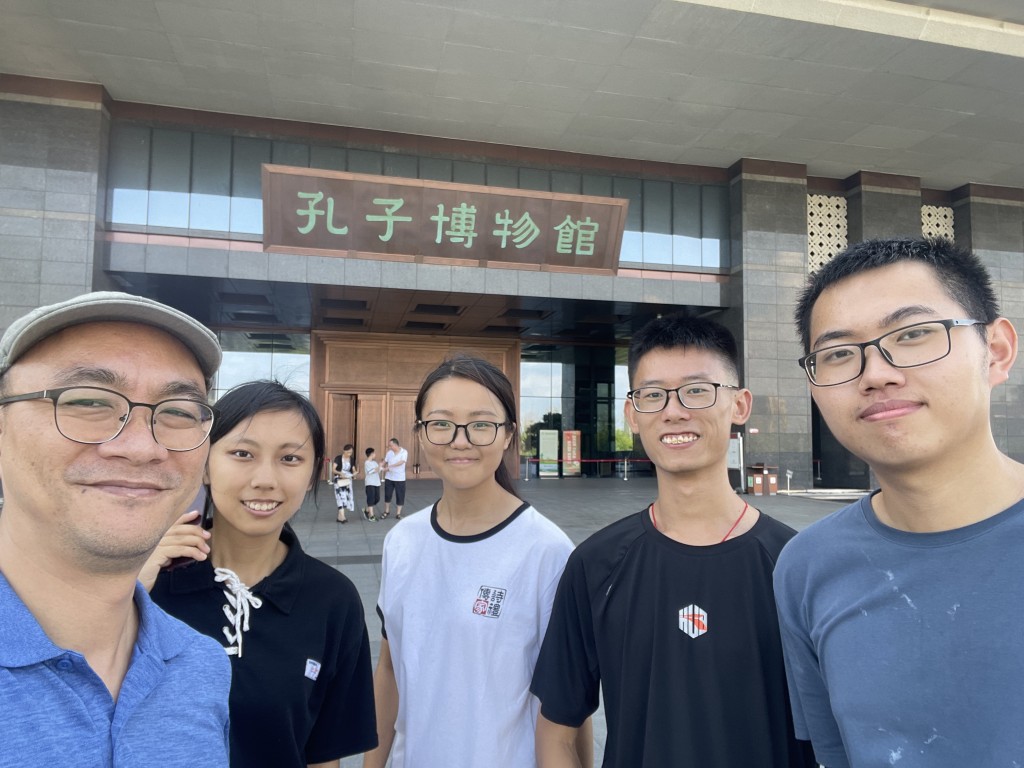
My former Chinese students now in Qufu, in front of the Confucius Museum
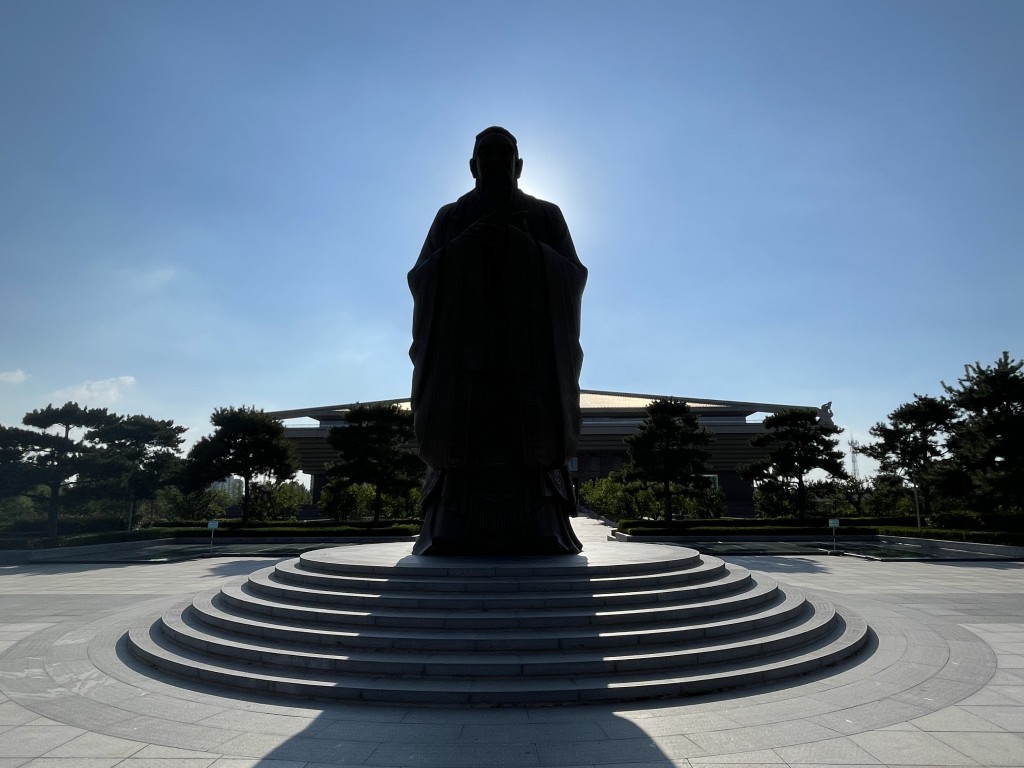
Confucius Museum (2)
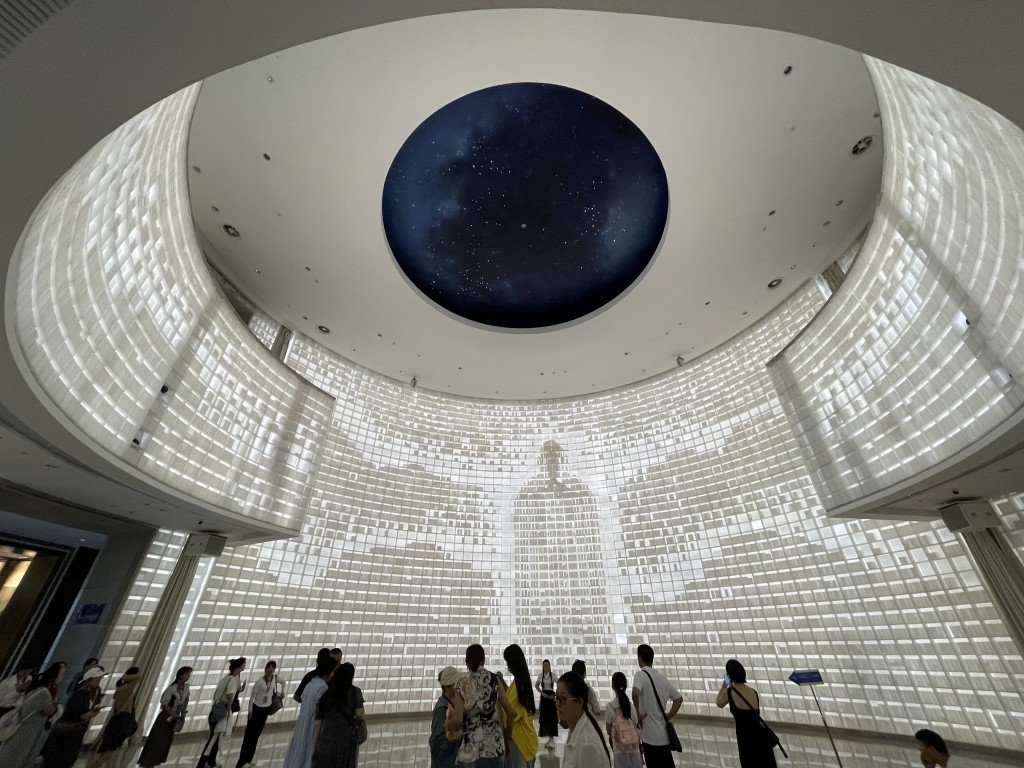
Confucius Museum (3)
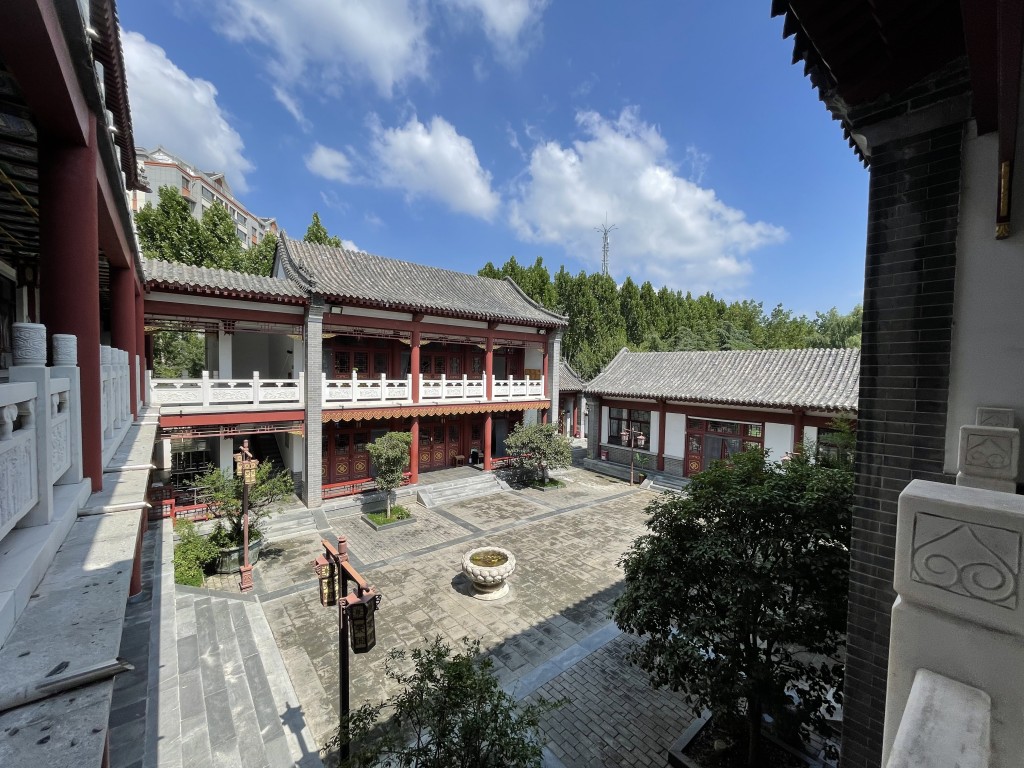
Visiting a traditional academy in Qufu






